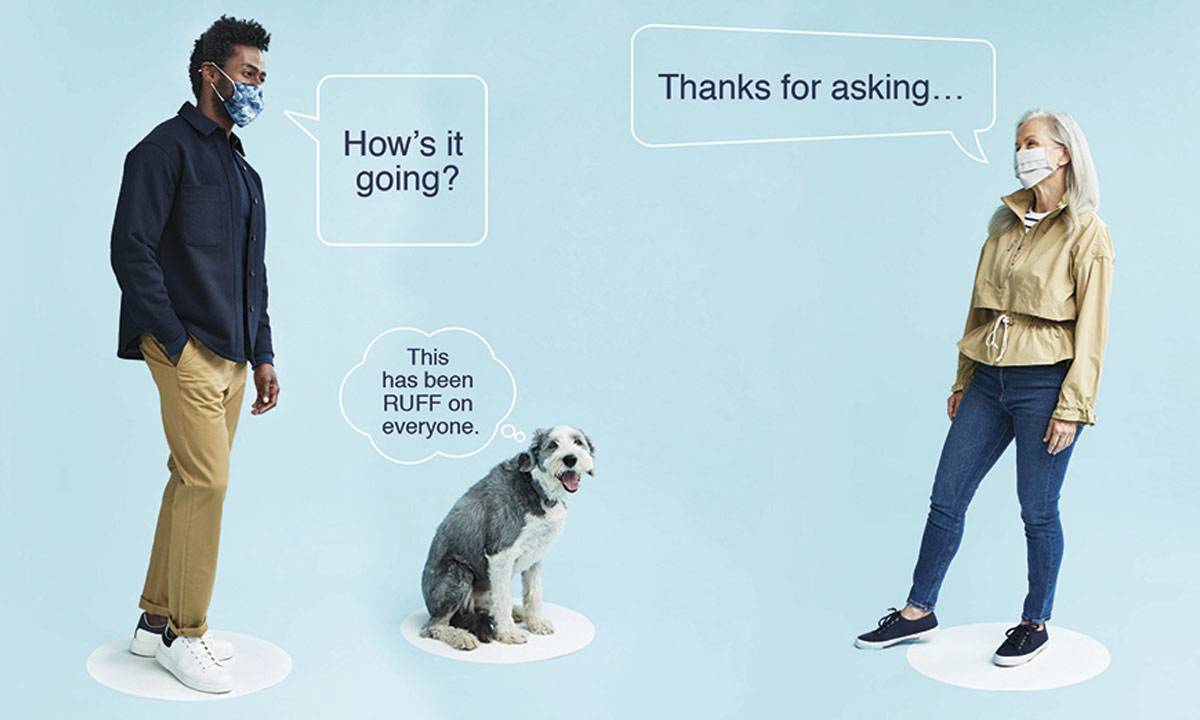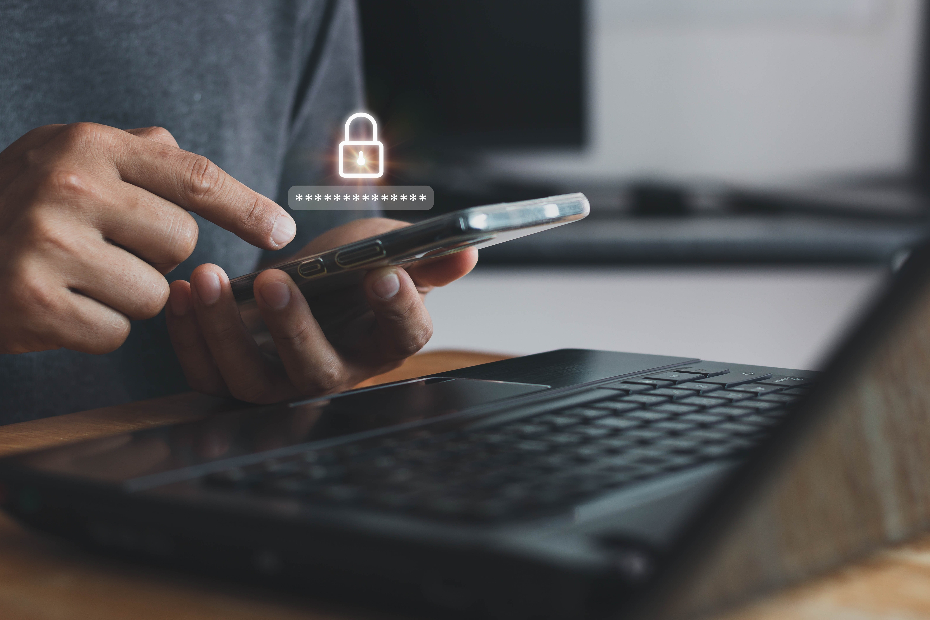This article originally appeared on Inspired Investor.
In social and business situations, many people are unsure about how to communicate appropriately due to COVID-19. Is it a bad idea to ask how someone is? Can you sound friendly or professional without coming off as insensitive?
Here, psychologist Dr. Theo De Gagne and etiquette expert Lisa Orr offer ways to help navigate communicating during a pandemic.
DON’T: Use the same greetings you used before
During extended periods of stress, common greetings you used before, might now sound insensitive or sarcastic. Phrases like, “Hope you had a great summer,” or “Hope this email finds you well,” may trigger an automatic negative response.
“People can look at that in a negative way and say, ‘I did not have a good summer. It was terrible,'” says De Gagne. It’s human nature, he says, to catastrophize, or assume the worst, during a crisis.
DO: Acknowledge the moment
For cold emails or anyone you don’t know personally, Toronto-based etiquette expert Lisa Orr has one easy fix: “My intro has changed from ‘Hope this email finds you well,’ to ‘Hope this email finds you well during these challenging times,'” she says. Even if you say nothing else about COVID-19, those four little words can do the job.
DON’T: Make assumptions
This was true pre-COVID-19, and it’s especially true now: “You don’t know anyone’s emotional state,” says De Gagne. “Some people don’t feel safe or healthy.” While a “Stay safe and healthy!” sign-off might feel innocuous to you, for example, it assumes the recipient feels the same. The person could be sick, sad or grieving, and the last thing you’d want to do is accidentally make them feel worse.
DO: Listen instead
The easiest way to avoid this? Ask gentle questions that allow the recipient to respond as the see fit. You can’t go wrong asking, “How are you holding up?” and then listening.
DON’T: Avoid weighty topics
“Money and finances have always been taboo — even before this crisis — and a lot of people aren’t doing well right now,” says Orr. Now more than ever, he suggests asking the people you care for about important life matters — provided you’re willing to listen and be supportive. For example, it’s okay to ask a friend about her job, or your brother about his investment portfolio. If you want to ask someone about these kinds of issues, says Dr. De Gagne, do it, and be authentic and compassionate in your response.
DO: Open a dialogue
One way to deepen your connections right now is to share your own experiences. You might help others be able to discuss tough topics. “Sometimes people just need to vent, and your job is to listen,” says Orr. Make sure you acknowledge their feelings and respond sensitively — even if it’s just “I’m sorry to hear that.”
DON’T: Forget to reach out
Technology enables you to stay in touch while physical distancing, though others may be reluctant to connect. “If you have the bandwidth to reach out and listen, you should,” says De Gagne. A simple “just thinking of you” check-in, which doesn’t necessitate a response, may work wonders in maintaining relationships with colleagues and friends. Meanwhile, if you need a sympathetic ear, it’s okay to reach out and ask someone to lend one.
DO: Respect the usual boundaries (and some new ones)
Yes, many people are perpetually at home on their laptops, but that doesn’t mean their availabilities have changed. All the same etiquette rules still apply: check availability first, schedule meetings with conference information provided, check to see if latecomers are having technology issues. Orr also suggests offering people more deadline wiggle room than before, as well as trying not to judge co-workers who need more flexibility than you do. “We’re all doing our best right now.”
This article is intended as general information only and is not to be relied upon as constituting legal, financial or other professional advice. A professional advisor should be consulted regarding your specific situation. Information presented is believed to be factual and up-to-date but we do not guarantee its accuracy and it should not be regarded as a complete analysis of the subjects discussed. All expressions of opinion reflect the judgment of the authors as of the date of publication and are subject to change. No endorsement of any third parties or their advice, opinions, information, products or services is expressly given or implied by Royal Bank of Canada or any of its affiliates.



















